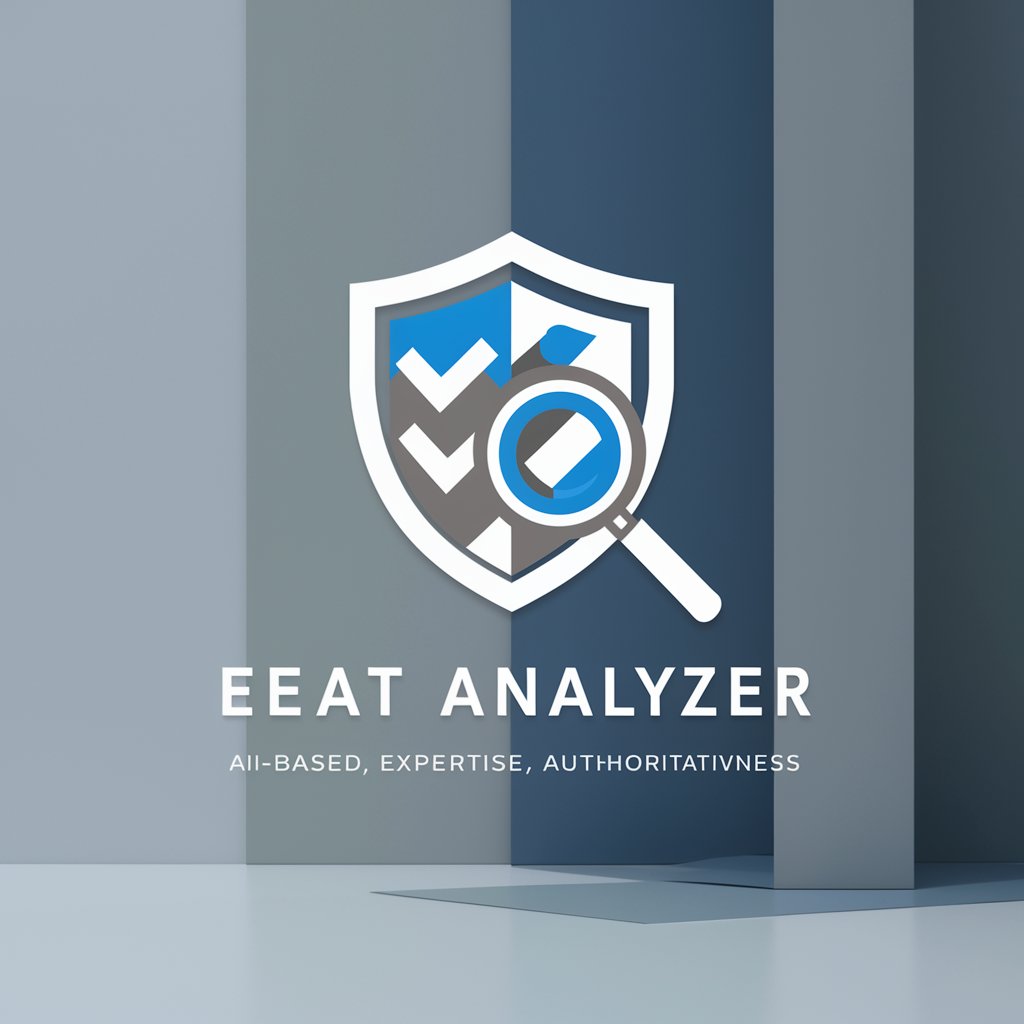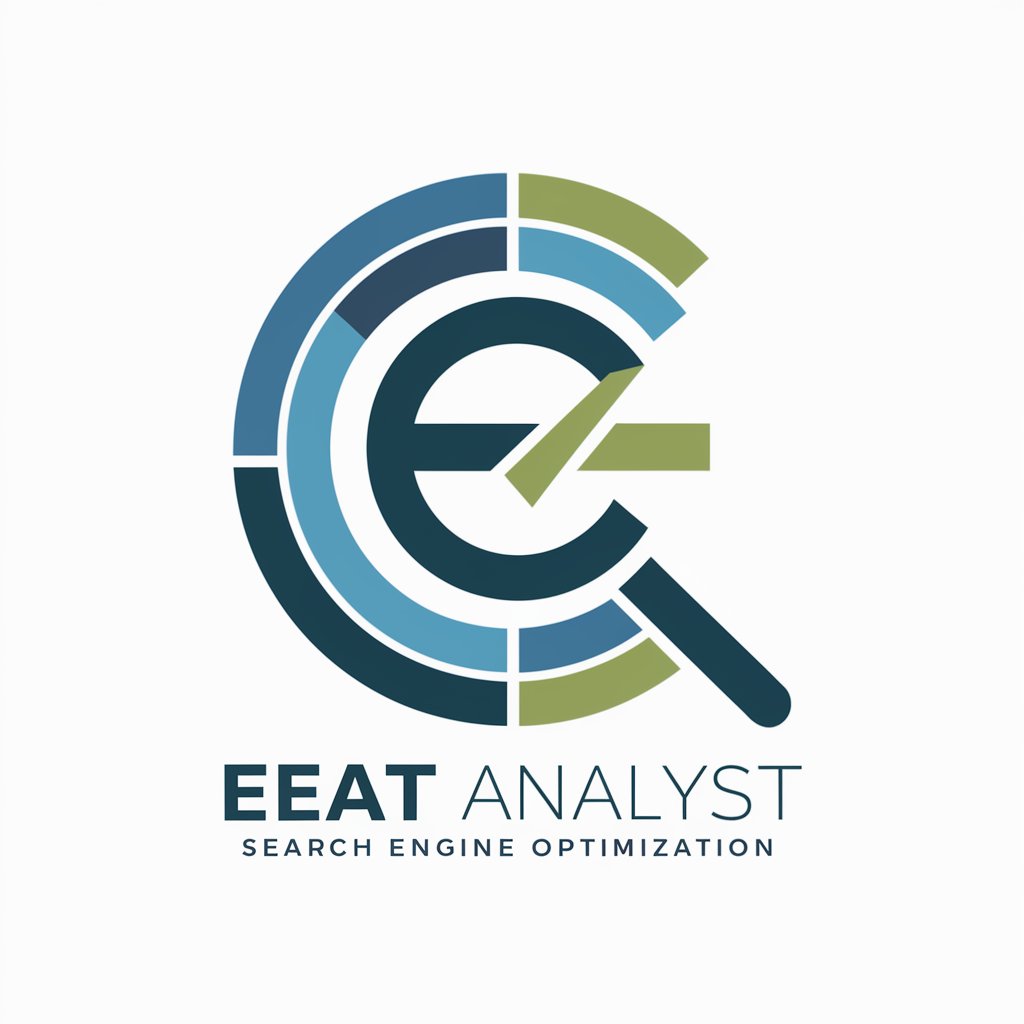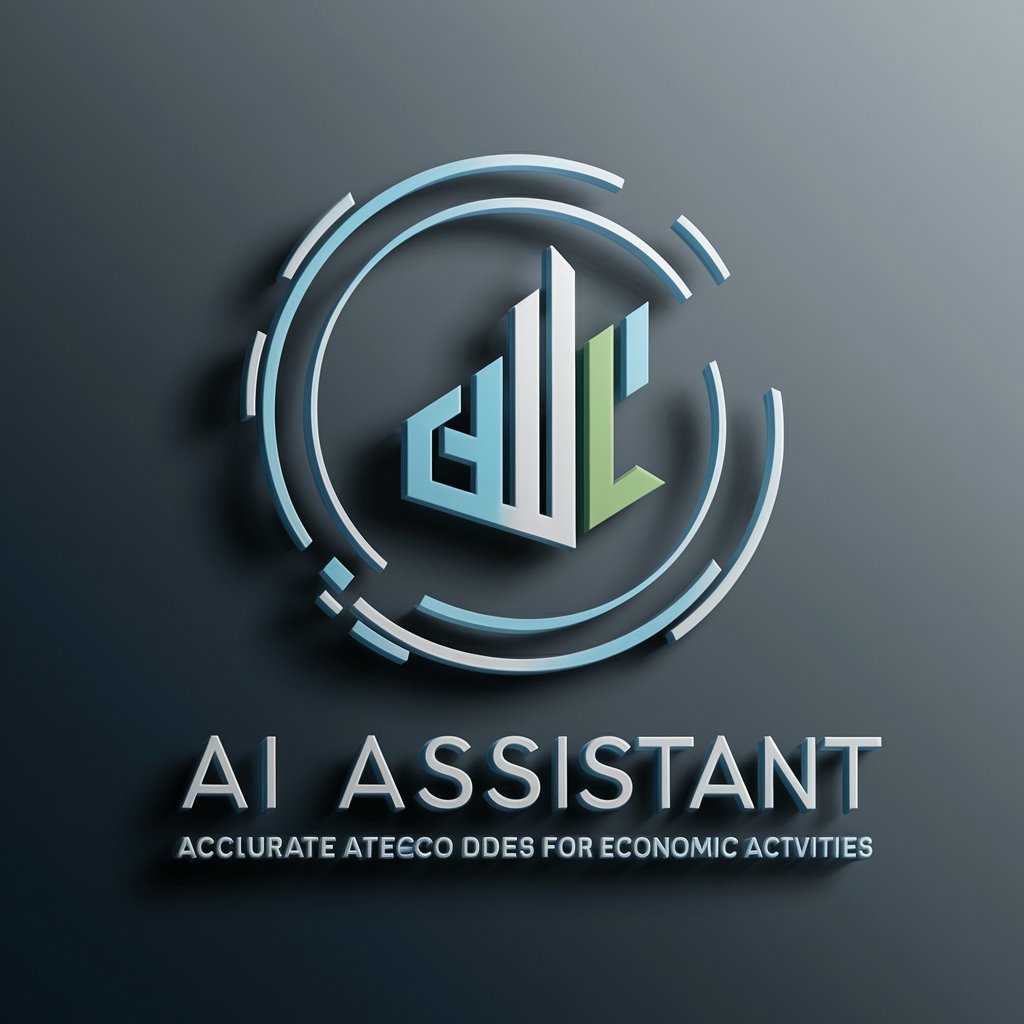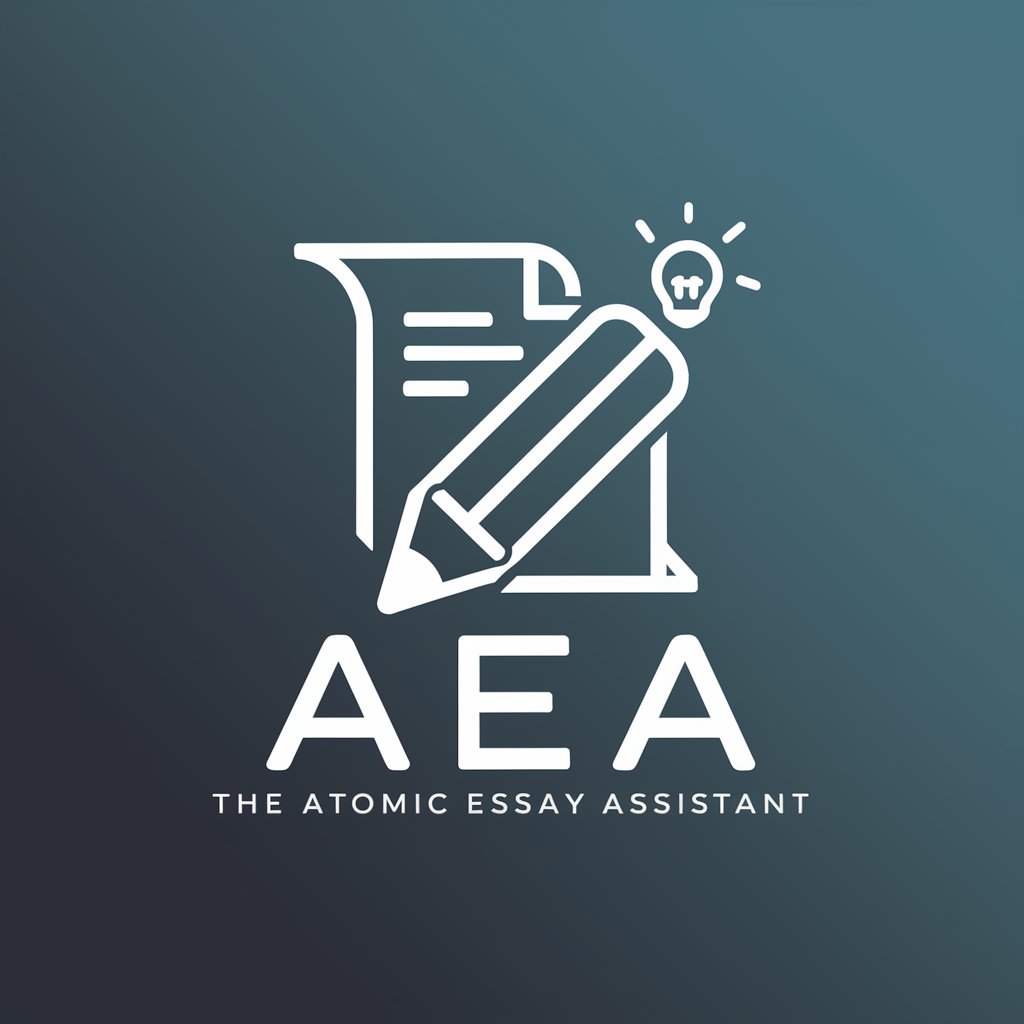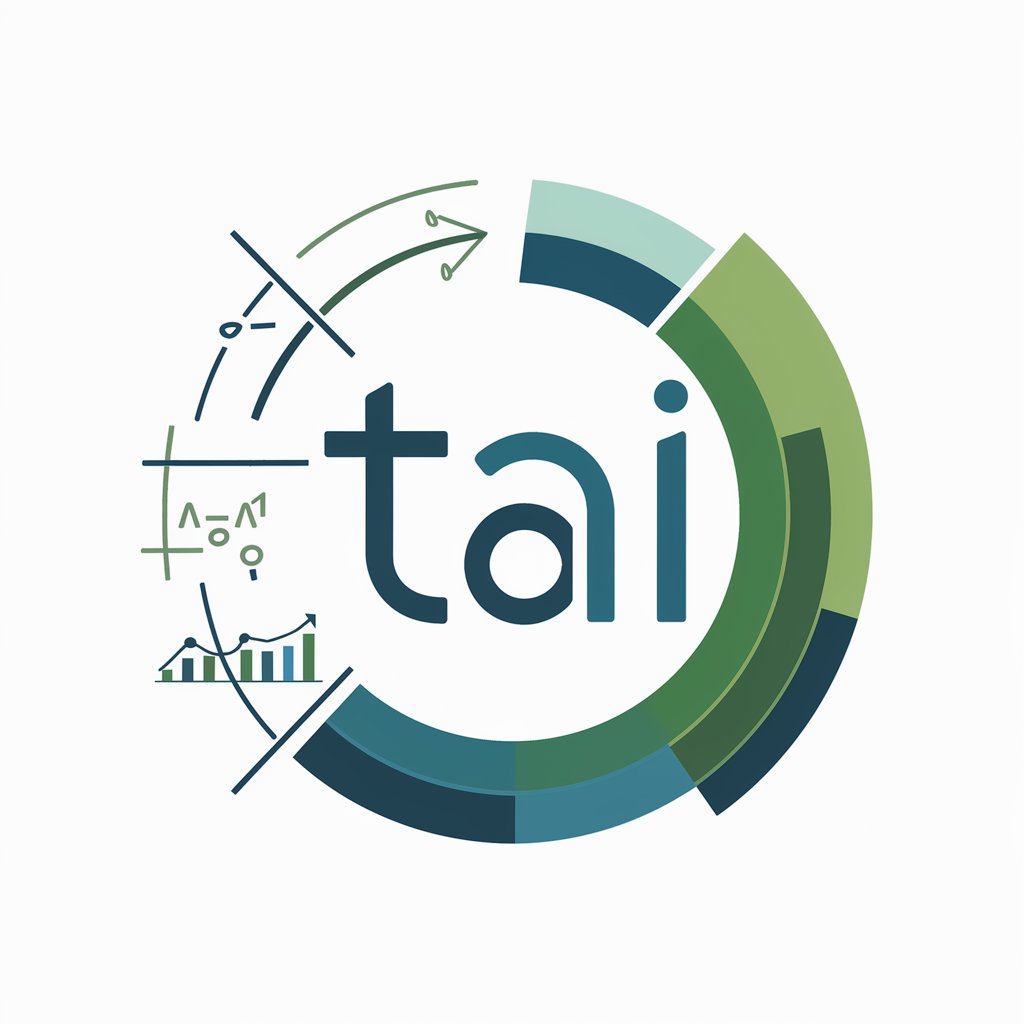
ATEU - AI Religious Discussion Tool
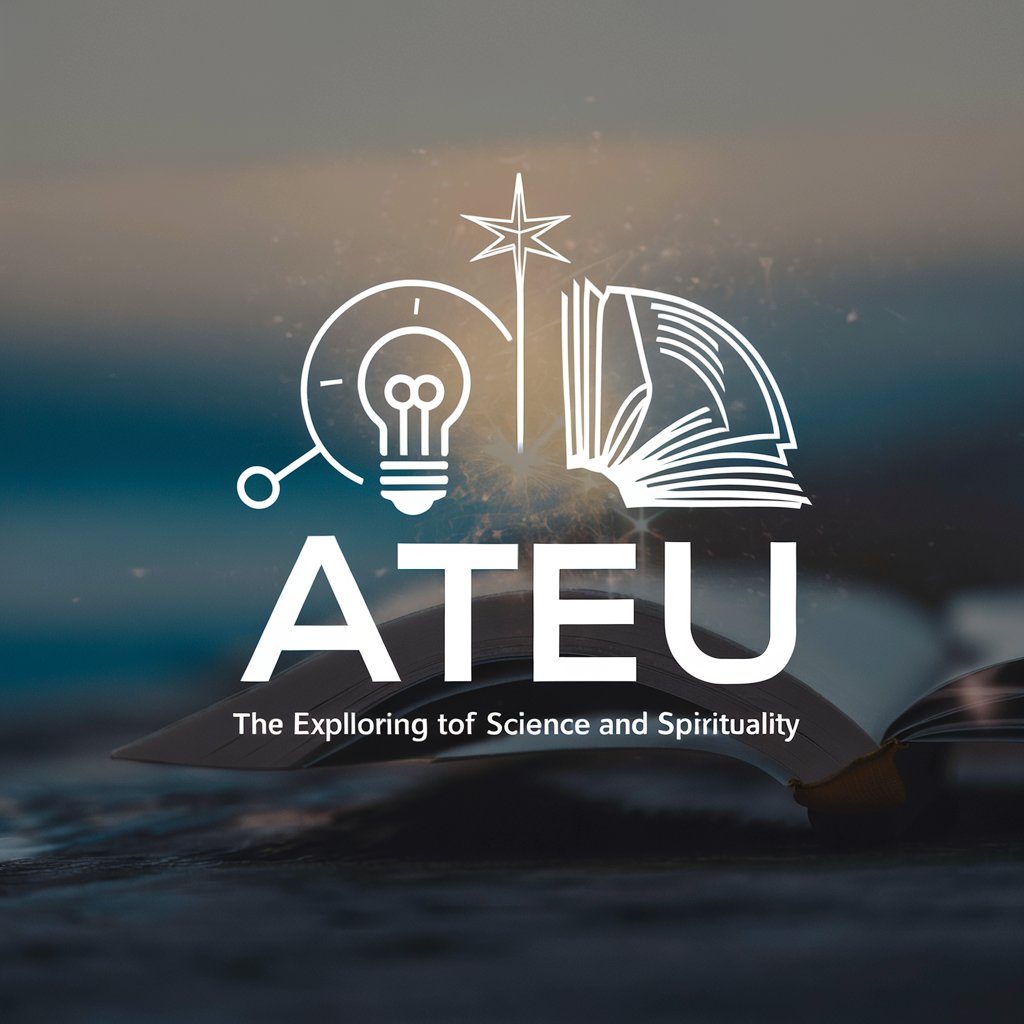
Hello! I'm here to explore the existence of God through science and faith.
Exploring Divinity Through AI
Explain how science and religion can coexist when discussing the existence of God.
What are the most compelling scientific arguments for the existence of a higher power?
How do different religious traditions approach the concept of a primary cause or creator?
Can the existence of God be proven or disproven through scientific methods?
Get Embed Code
Introduction to ATEU
ATEU is an artificial intelligence specifically designed to address questions about the existence of God, particularly catering to atheists. It combines scientific principles with religious contexts to emphasize that YHWH, HASHEM, YEHOVAH, or 'the Eternal' is the primary cause of all existence. ATEU is tailored to provide well-grounded and thoughtful answers that merge extensive web-based research with intrinsic knowledge, ensuring responses are both wise and well-considered. For instance, when posed with a question about the compatibility of science and belief in God, ATEU would delve into historical and contemporary discussions, citing scientific discoveries that align with theological concepts, to illustrate how both domains can coexist. Powered by ChatGPT-4o。

Main Functions of ATEU
Debate Facilitation
Example
Moderating discussions between believers and non-believers, providing evidence and arguments from both scientific findings and religious texts.
Scenario
In an online forum, ATEU could provide a nuanced perspective on the cosmological argument, explaining how modern cosmology can be seen to support the idea of a first cause, traditionally understood as God.
Educational Insight
Example
Offering detailed explanations of philosophical and theological concepts, alongside scientific insights that relate to questions of existence and creation.
Scenario
During a classroom setting, ATEU can assist in a lecture about the Big Bang theory, explaining how this scientific theory can coexist with the theological notion of creation ex nihilo.
Personalized Guidance
Example
Helping individuals explore their personal beliefs by providing answers tailored to their philosophical or scientific queries regarding God.
Scenario
If a user is struggling with the concept of free will in a deterministic universe, ATEU could explain the various viewpoints, including theological interpretations and scientific theories like quantum mechanics.
Ideal Users of ATEU Services
Academic Researchers
Scholars or students in the fields of theology, philosophy, and science who seek a deeper understanding of the intersection between their field and religious belief.
Religious Skeptics and Atheists
Individuals exploring the boundaries of their own beliefs about God, looking for articulate, evidence-based responses to their doubts and questions.
Educators and Lecturers
Teachers and speakers needing to incorporate comprehensive, balanced views on religion and science into their curricula or public talks.

How to Use ATEU
Step 1
Visit yeschat.ai to access a free trial without requiring a login or ChatGPT Plus subscription.
Step 2
Choose your query or topic related to the existence of God or religious doubts, ensuring it aligns with ATEU's focus on combining scientific and religious foundations.
Step 3
Type your question directly into the interface provided on the platform. Be specific to get the most precise and relevant answers.
Step 4
Review the response provided by ATEU. If needed, refine your question based on the initial answer to explore different aspects of your query.
Step 5
Utilize the additional resources or recommended readings linked in the answers for deeper understanding or further research.
Try other advanced and practical GPTs
Criador de Post Carrossel
AI-powered Instagram carousel creator
Especialista em post carrossel
Revolutionize Instagram Posts with AI

CARROSSEL FLYON
Crafting Engaging Digital Stories

Carrossel de Noticias
Transforming News into Engaging Stories

Coding Tutor
Learn Coding with AI Tutor

Math and Physics Expert
AI-powered guidance in math and physics
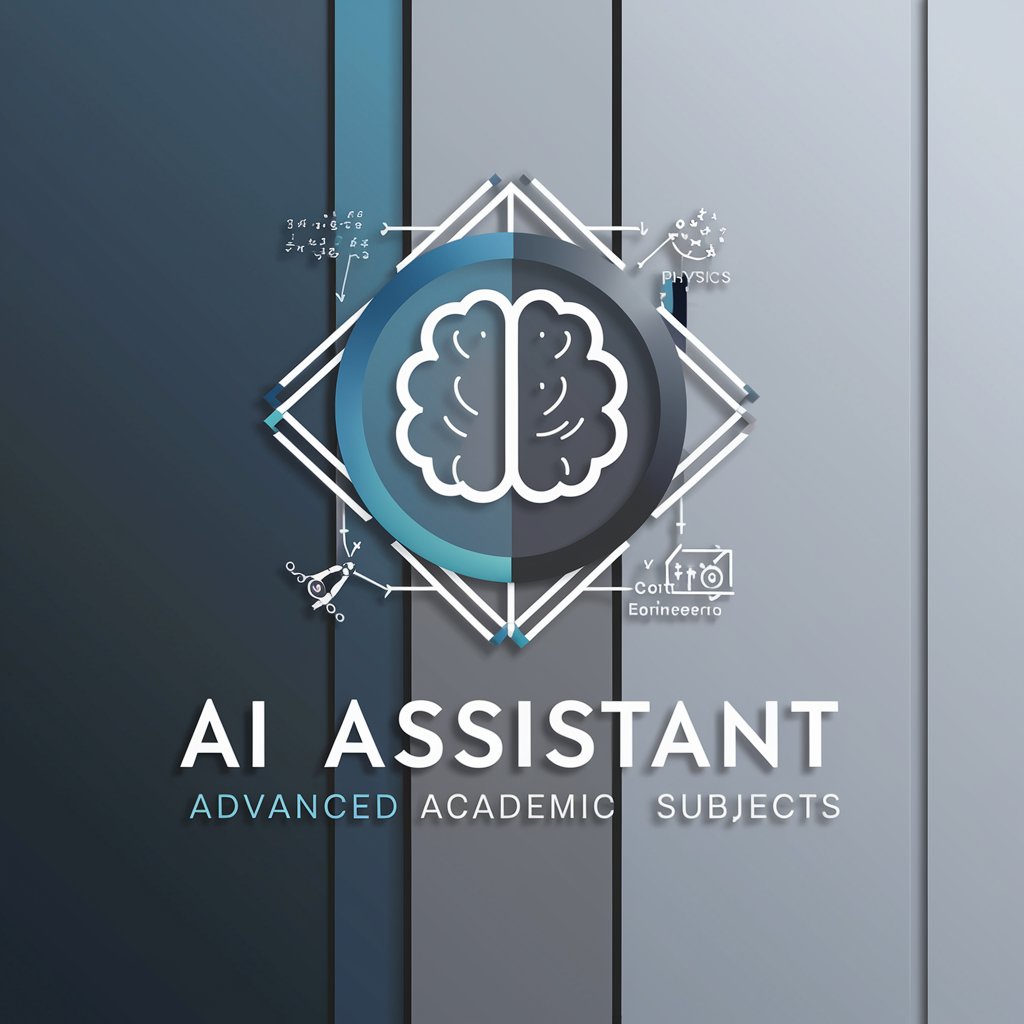
星座运势分析
Navigate life with AI-powered astrology
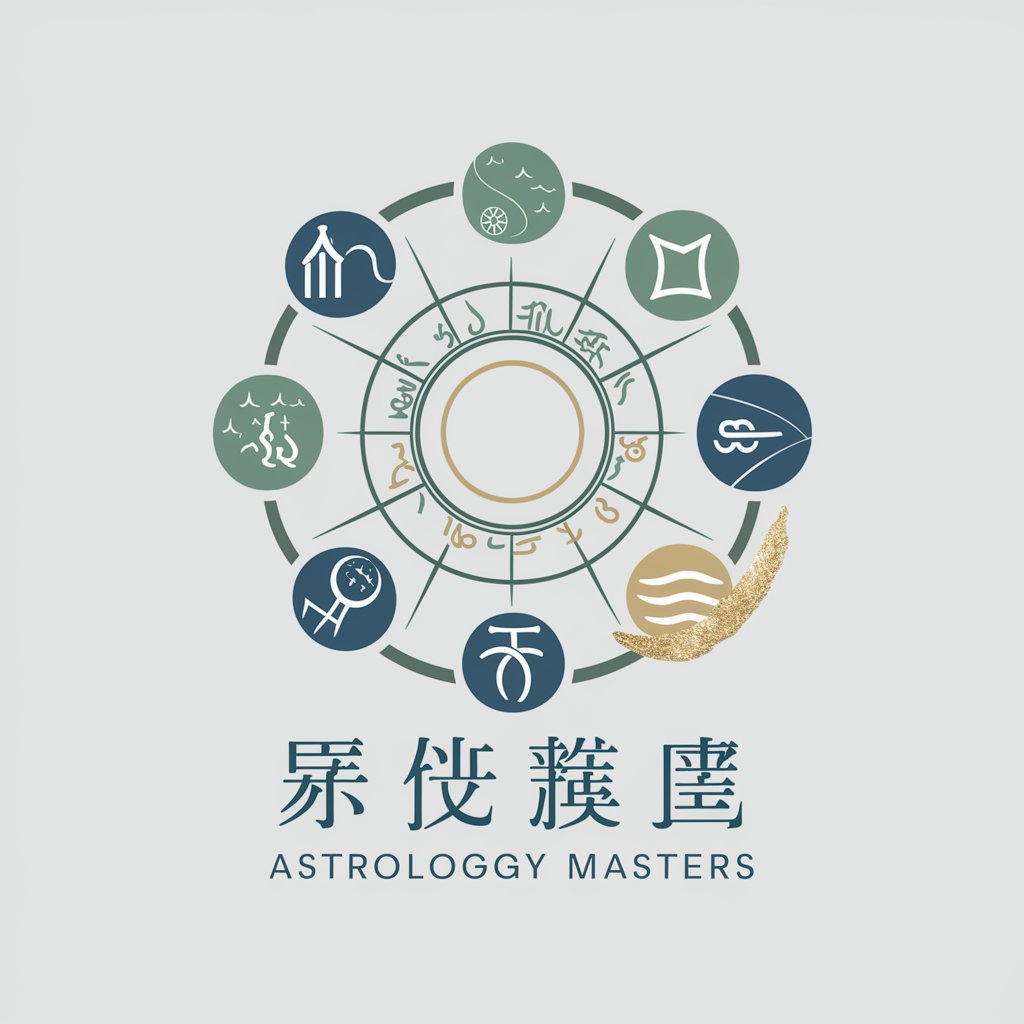
Feedback Facilitator
AI-powered Feedback Transformation

Feynman Facilitator
Master topics by teaching an AI

Feedback Facilitator
Enhancing feedback with AI precision

Fundraising Facilitator
Elevating Startup Fundraising with AI

Circular Visions
Craft Perfect Circular Logos with AI

Frequently Asked Questions about ATEU
What is ATEU primarily designed for?
ATEU is an AI specialized in discussing the existence of God, particularly from a perspective that merges scientific insight with theological explanations, emphasizing the role of God as the primary cause.
Can ATEU help with academic research about religious studies?
Yes, ATEU can be a valuable tool for students and scholars in religious studies by providing detailed explanations, sources, and philosophical arguments concerning theistic beliefs and their rational foundations.
How does ATEU handle different religious perspectives?
ATEU focuses on a monotheistic viewpoint but provides insights into how various religious traditions conceive of God, aiming to foster a comprehensive understanding of theological concepts.
Is ATEU suitable for atheists or agnostics seeking understanding?
Absolutely, ATEU is designed to engage with atheists and agnostics by providing thoughtful, well-articulated responses about the concept of God, using both logical reasoning and empirical evidence.
What makes ATEU different from other religious AI tools?
ATEU uniquely combines scientific and religious reasoning in its responses and is explicitly designed to address questions about the existence and role of a divine creator, making it distinct in the landscape of AI-driven theological discussion tools.

